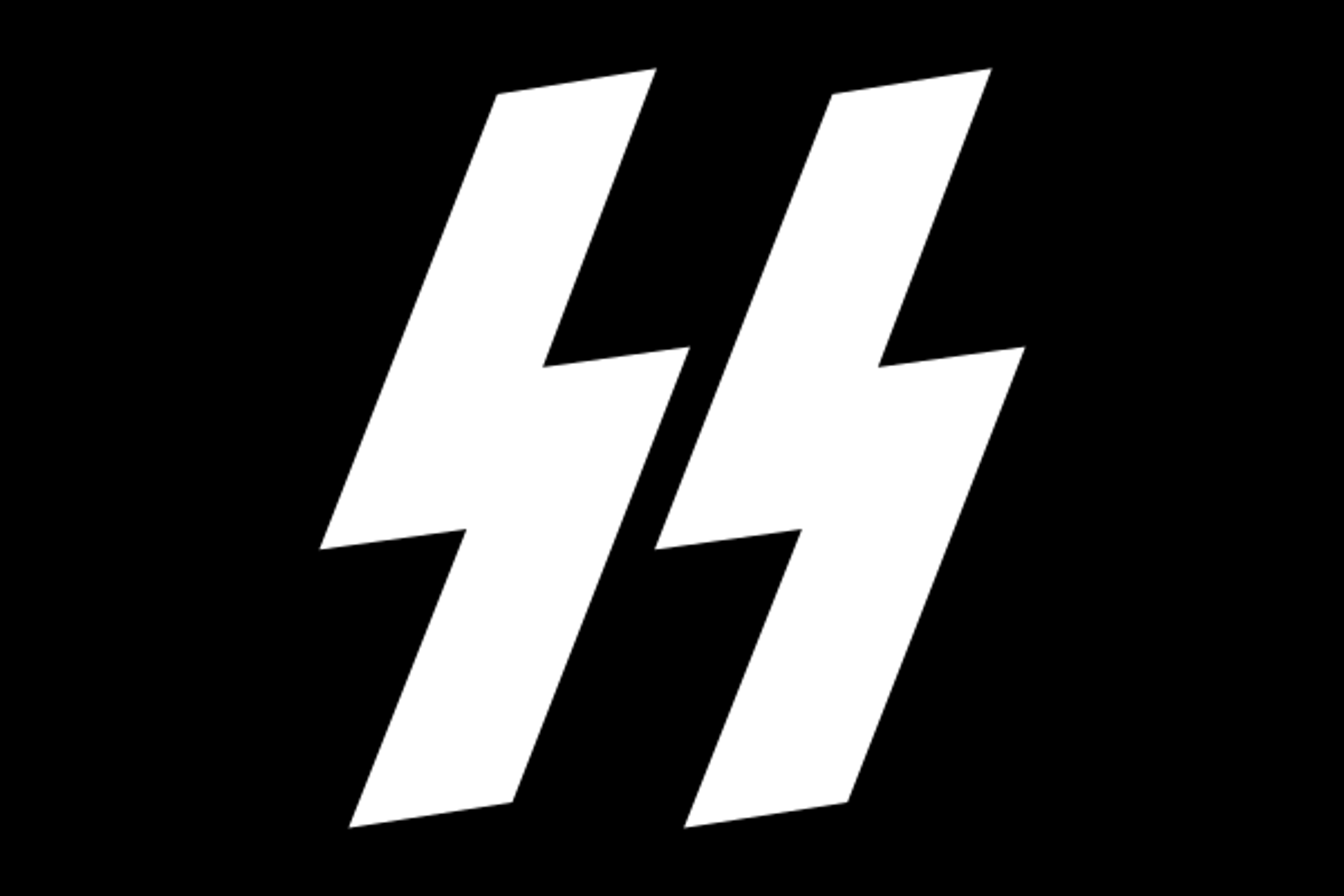
Schutzstaffel
What do people say about Schutzstaffel?
In the United States, the Schutzstaffel (SS) is overwhelmingly perceived in a deeply negative light due to its notorious role as a Nazi paramilitary organization responsible for orchestrating the mass murder of European Jews and other atrocities during the Holocaust. The perception is rooted in historical facts about the SS's ruthless enforcement of Nazi ideology, war crimes, and direct involvement in genocide. There is no redeeming aspect of its legacy, and it is commonly referenced as a symbol of evil, oppression, and cruelty in both academic and public discourse. This perception is consistent across educational, media, and cultural representations, which emphasize the SS's crimes against humanity without any form of glorification or justification.
Where are the conversations happening?
The critical discussions about the Schutzstaffel predominantly appear in historical documentaries, academic channels, and news outlets dedicated to World War II and Holocaust education. Channels like History Channel, PBS, and BBC often provide detailed and factual accounts that emphasize the SS's atrocities. There is no credible source that portrays the SS positively; all critical discourse condemns its actions. The most critical analysis is found in Holocaust remembrance programs and scholarly discussions, which focus on the SS's role in human rights violations and mass murder.
What are the topics trending around Schutzstaffel?
Discussions about the Schutzstaffel often arise in the context of Holocaust education, neo-Nazi extremism, and ongoing debates about how to remember and teach about World War II atrocities. There is also increased attention to combating hate groups that attempt to appropriate or rehabilitate SS imagery and ideology.
Why are these topics trending?
These topics are trending because there is a continuous need to educate new generations about the horrors committed by the SS to prevent historical revisionism and hate group proliferation. The rise of extremist groups using Nazi symbolism has renewed focus on the Schutzstaffel's brutal legacy, prompting more media coverage and public discussion about the dangers of fascist ideologies and the importance of Holocaust remembrance.
How is Schutzstaffel being talked about?
Detailed breakdown of public sentiment and conversations about this entity.
Impact vs Sentiment
See how each entity's high impact percentage relates to their positive sentiment percentage from actual mentions.



